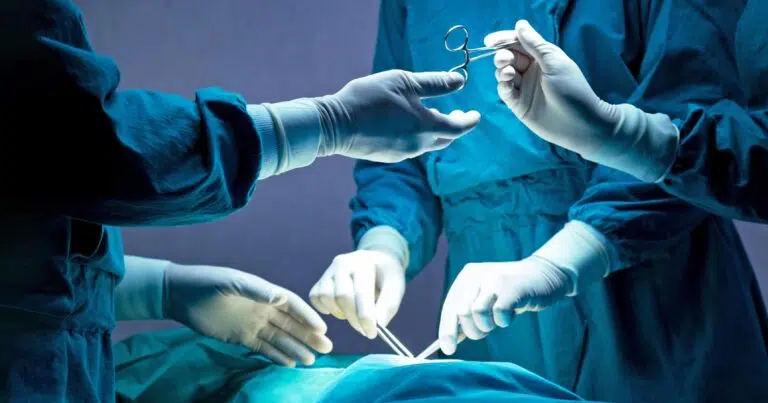Clinical Laboratory Scientist Career Guide
Looking for a different career guide?
Overview
If you're intrigued by the world of diagnostics and want to play a vital role in patient care, becoming a Clinical Laboratory Scientist (CLS) might be the perfect career path for you. CLS professionals are essential members of the healthcare team who analyze medical samples to provide accurate diagnostic information crucial for patient treatment.
Clinical Laboratory Scientists, also known
Education
To become a CLS, you typically need a Bachelor's degree in Medical Laboratory Science (MLS-ASCP) or a related field. Accredited programs usually require coursework in biology, chemistry and clinical laboratory techniques. Clinical training through internships or rotations is a crucial component of the education. The Medical Technologist (MT-AMT) certification exam evaluates the competence of
Qualifications

Skills
Staff and Travel Clinical Laboratory Scientists professionals need a combination of technical skills, including proficiency in operating laboratory equipment and understanding complex procedures. Strong analytical skills, attention to detail, effective communication and the ability to work as part of a team are crucial for success.
Responsibilities
CLS professionals perform a range of responsibilities, including sample analysis, quality control, troubleshooting equipment, maintaining accurate records and ensuring compliance with laboratory regulations and safety protocols.
Salary Insights
The average salary for a Clinical Laboratory Scientist is $2,215.37 per week.
Last updated on December 22, 2025. Based on active jobs on Vivian.com.
Pros & Cons
Pursuing a career as a Clinical Laboratory Scientist offers several benefits. You'll play a crucial role in patient care by providing accurate diagnostic information, aiding in disease detection and guiding treatment decisions. The field offers job stability, opportunities for specialization and the chance to contribute to medical research.
However, there are potential drawbacks as well. Working in a laboratory environment may
Some of the content on this page was enhanced using artificial intelligence.
Join over 1 million healthcare workers that are getting a head start with Vivian.
Join Vivian





